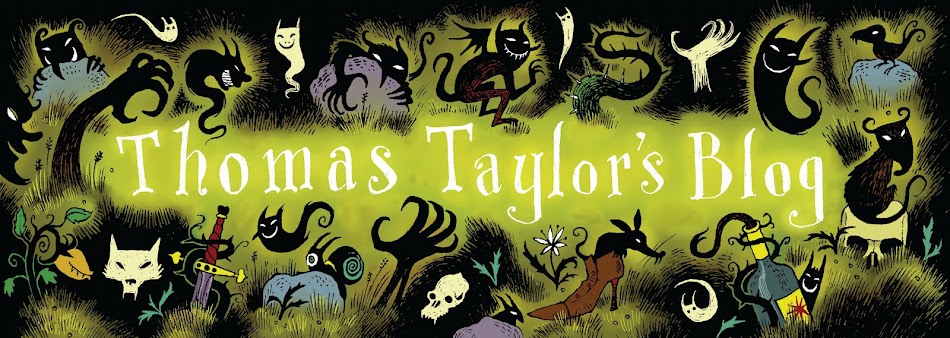
Tuesday 15 February 2011
What's Not To Write?

Saturday 5 February 2011
Save Our Libraries Day -- Saturday 5th of Feb.

In Britain we now have something called 'The Big Society'. For those of you who don't live here, this is the government's Grand Idea, designed to stimulate local entrepreneurial flare while pulling back the role of central government. I'm all for giving new ideas a go, but looked at from any angle it's hard to see the Big Society as much more than a Big Sticking Plaster slapped hastily over the effects of even bigger cuts in public spending. Cuts that plunge painfully near an author's bone when they they cause the loss of public libraries.
Of course, it's not just writers who should be worried. Everyone has something invested in the concept of the free lending library, whether they have forgotten what that is or not. And don't take my word for it. Philip Pullman's recent speech in Oxford, where the local council has decided that Big Society means the proposed closure of 20 of the county's 43 libraries, does more than anything else I've read to highlight the value of what we may be about to lose. Please take some time to read it (though the chances are you have already).
I'm lucky because my local library isn't threatened. It's a bright, clean, modern place, and never empty. But I know that this isn't always the case. Some have been allowed to become 'gloomy old buildings full of unread books', and many respond to their possible closure with disinterest. You have only to read some of the negative reaction to Pullman's speech to find out what a part of the British population thinks of libraries. And as their use is allowed to decline, some local authorities -- invited by government to 'be creative' in their response to the Big Society – have deemed libraries to be irrelevant and unprofitable (!), dead wood to be hacked off. An easy way to save money.
So much for being creative. A truly big idea would see our less popular, shabbier libraries re-vitalised as centres of literacy and civic pride, designed to counter the numb-skull notion that we don't need them 'coz it's all on the internet'. Like Pullman, I want to live in a Long Society that remembers the past and invests across generations, not a short sighted one that can't see beyond next year's accounting and the vague positives of 'bigness'.
In 1994, Norwich central library burnt down. It was a traumatic event for the city, and I sensed the ruin and shock of it even though I no longer lived there. I used the library as a boy, and remember it as a grand and sober institution, a repository of local history stretching back a thousand years, a lending library stacked to its high ceiling with upright spines. It may not have been a very joyful place for a child, but there's something especially bitter about the stink of burning history and books, however old you are.
Norwich responded to this disaster not by rebuilding a cheap imitation of what was lost (as many called for), and certainly not by grabbing the chance to cut spending, but by finding the courage and foresight to create something innovative: a 21st Century forum.
Thanks to Phil Bradley for the picture.
